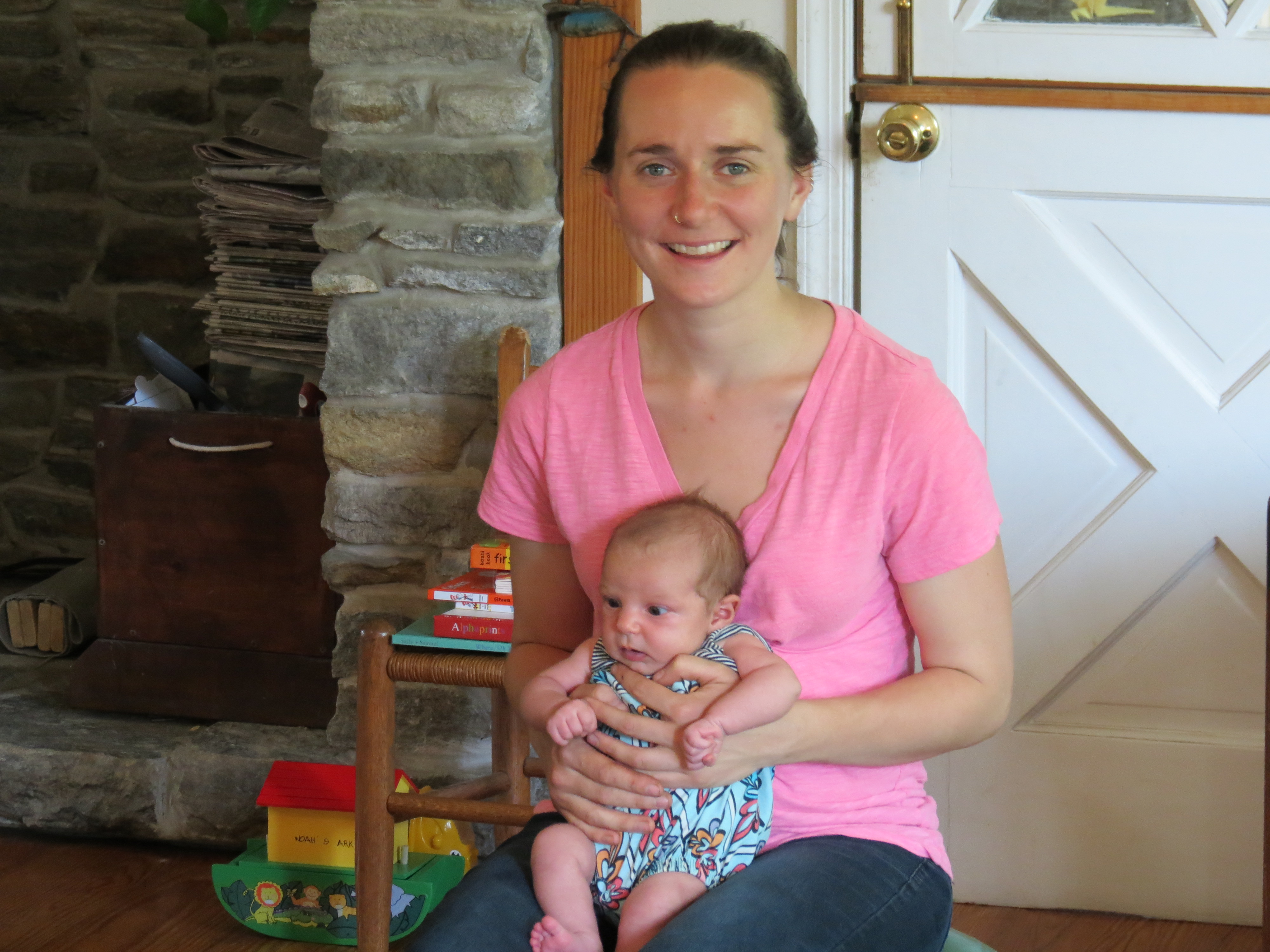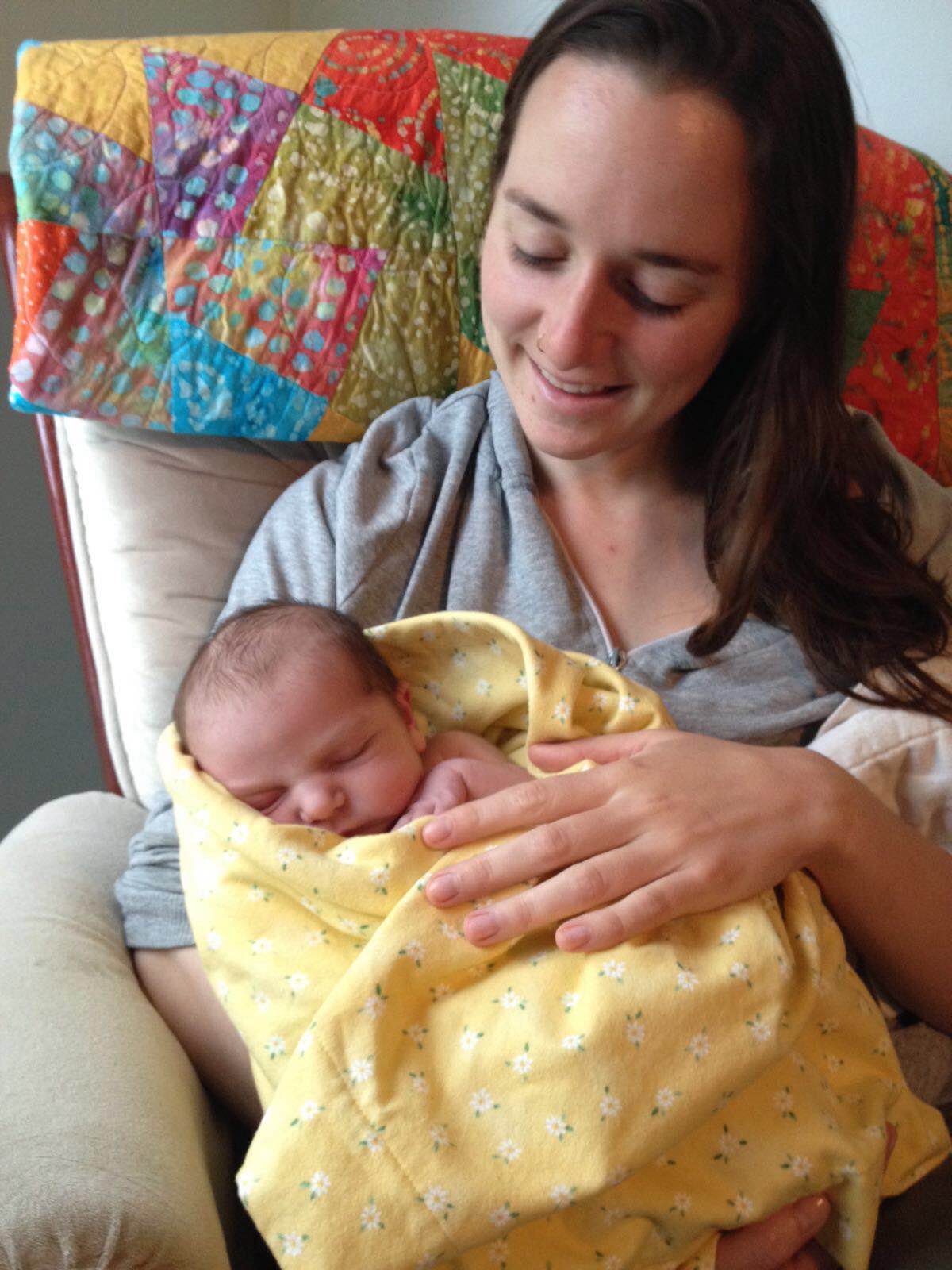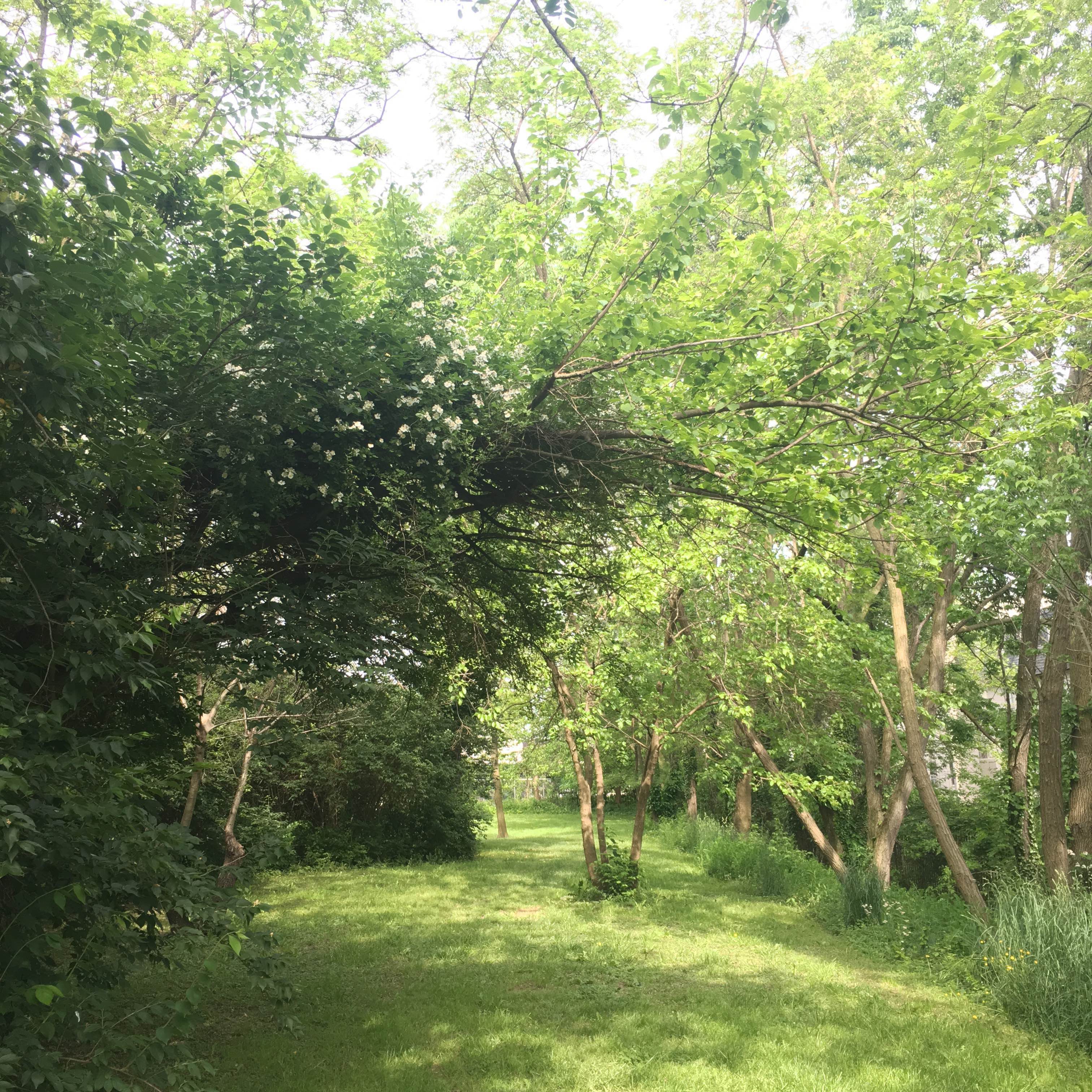As I reflect on the six weeks over which I was blessed with the opportunity to live, work, and play at Jonah House the word “transition” comes to mind over and over again. When I first arrived at the house I had two weeks left in the job where I had been for the past two years and I was in the midst of ending the lease at an apartment where I had been for the same amount of time. I was filled with questions about myself and the future and was uncertain even of how the rest of the summer would pan out. I’ve always struggled with anxiety and times of transition, no matter how small, have always been a major trigger. Coming to Jonah House during this time, I was certainly anxious, but welcomed the opportunity to be consumed fully by community life. I suppose I had somewhat of a fantasy about what this would look like. I envisioned becoming so wrapped up in the day to day that I wouldn’t have time to dwell much on anxiety or transition. What I didn’t realize was that life in the community over the next six weeks would be marked by a constant series of intensely beautiful and rich transitions and through intentional practices my soul would be fed by the changes themselves. I became present in new ways to the changing of the seasons via outdoors work, to cycles of birth and death via the proximity of the birth of baby Evie and the death of Dan Berrigan, and to the sacred passing of wisdom from one generation to the next as I watched the elders (Liz, Carol, and Ardeth) mentor and hand over care of the community to the young folks (Emily, Tucker, and Joe). Amidst all of these transitions I saw that pain and anxiety were inevitable, arguably essential, parts of transition, but that the community had developed a number of practices and rituals surrounding the care and nurturance of one another that laid a beautiful foundation for fostering transformation amidst periods of transition.
Some of these daily practices were formalized, meaning there was an intentional structure behind which they would happen. Every Sunday the community met as a whole to discuss priorities for the week and to divvy up who would be responsible for various tasks. These meetings created a space in which individuals were held accountable to the care and keeping of the community AND the community as a whole could rally around the care and keeping of an individual as life events took place. When I was entrusted to a specific task, such as the planting of the garden, my relationship to that task was defined in many ways by the accountability I had to the rest of the community to carry forth my responsibilities. Planting the garden became an act of love because I found that truly the accountability I felt stemmed from the deep love and respect I have for the community members. By acting in love, my relationship to the plants transformed, and as I hurried to complete the planting in line with the growing season, I experienced the changing of seasons not as a force outside of me, but as a rhythm that I could become a part of.
When Evie was born the community rallied around the event and we restructured our week and responsibilities to give Emily and Tucker the space to focus on her care and not have to worry about other essential tasks such as cooking, cleaning, mowing, etc. This type of space given to a new family is rare in a society where parents are given minimal family leave and expected to function immediately following a birth with a motto of “business as usual.” It was indescribably beautiful to be present to the transformation of their family and to participate in the process via the act of caregiving. Evie’s arrival in the community shaped my experience in so many ways. Holding her became a daily ritual and an act of meditation, as she taught me to bring myself down to her rhythm and stay present as we rocked back and forth or bounced up and down.
Another regular community practice was that of “check-ins.” Typically check-ins followed Zazen (seated meditation) practice and were an opportunity for each of us to share freely about whatever seemed important to us in ourselves and from our day. In these we fostered a different kind of accountability to one another that was more based in spiritual practice and growth than in day to day tasks. In addition to these check-ins the community set aside space to support one another even more deeply by choosing a common activity or reading to do together. When I was there we spent an evening teaching ourselves about the Enneagram and discussing our individual personality types. I continued to read and reflect on my Enneagram type beyond that meeting and it became one of the most powerful tools that I’ve encountered towards grappling with some of the big questions that have arisen during my own time of transition.
Outside of routine meetings and check-ins I saw constant examples of community members caring and being attentive to one another in meaningful ways. Many of the more profound spiritual inspirations that I experienced came in casual conversation rather than in Zazen or morning prayer. Tucker frequently asked questions such as “So, how was your experience with the ‘mow tractor’ today?” borrowing the vocabulary of his son Auggie. These were seemingly simple questions but they gave me the opportunity to reflect on those hours that I spent alone with my thoughts, or the inspiration I drew from the playlists I listened to, or to simply celebrate the joy that I experienced from operating the “mow tractor.”
I think that often times we overlook these types of personal reflections because others are not there to wonder about them but they can have a real impact on our spirits, especially during times when transitions give us a unique perspective on ourselves or our circumstances. Throughout my time at the house I appreciated the care and consideration that members had for one another and I saw clearly that the habits that reinforced this level of attentiveness took real work and practice. While many of the moments that impacted me the most seemed to happen spontaneously, they very much sprung from the commitment of the members to the art of intentional living.
Intentional living is in and of itself an act of resistance. To me, it means refusing to live in line with harmful narratives that tell us to consume more, compete more, and separate more. It also means embracing transition or perhaps change in deeper and more engaged ways. As an activist I am always “fighting for change” but I’m not always prepared for the pain, loneliness, or hopelessness that comes with even the most positive of movements. I think community that creates intentional spaces for being with change, as it happens, is an essential ingredient that many change makers overlook.






